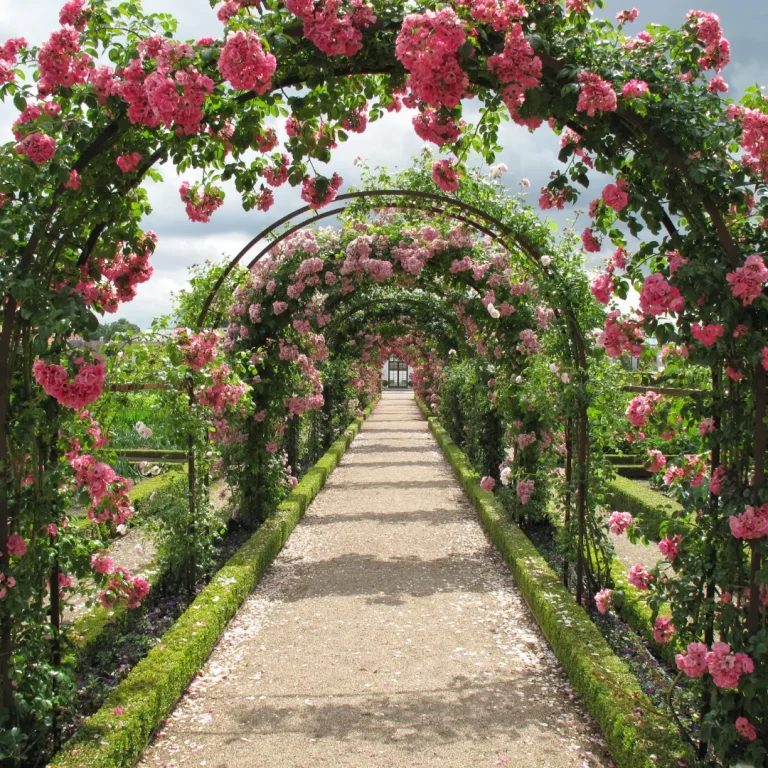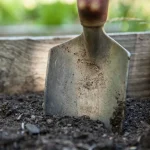Roses failing to bloom can be a frustrating issue for gardeners, but there are several common factors that can contribute to this problem. Identifying the cause is the first step toward encouraging your roses to bloom beautifully. Here are some potential reasons why your roses may not be blooming:
1. Insufficient Light
- Explanation: Roses generally need about 6 to 8 hours of direct sunlight each day to bloom well.
- Solution: Ensure your roses are planted in a location where they receive adequate sunlight. If they’re in a shaded area, consider transplanting them to a sunnier spot.
2. Improper Pruning
- Explanation: Either not pruning roses at all or pruning them at the wrong time can affect blooming. Some roses bloom on old wood, and pruning them in late winter or early spring could remove the buds.
- Solution: Understand the type of rose you have (whether it blooms on new or old wood) and prune accordingly. Generally, prune roses in late winter or early spring, just as the new growth begins.
3. Nutrient Imbalance
- Explanation: Too much nitrogen can lead to lush foliage at the expense of blooms, whereas a lack of phosphorus can inhibit bud development.
- Solution: Use a balanced fertilizer or one specifically designed for roses, ensuring it has an appropriate amount of phosphorus to encourage blooming.
4. Stress from Pests or Disease
- Explanation: Infestations of aphids, spider mites, or diseases like black spot and powdery mildew can stress the plant and hinder blooming.
- Solution: Regularly inspect your roses for pests and diseases. Use appropriate organic or chemical treatments as needed to manage these issues.
5. Insufficient Water
- Explanation: Roses require a consistent supply of water to bloom. Drought stress can prevent them from blooming.
- Solution: Water your roses deeply and regularly, ensuring the soil remains moist but not waterlogged. Mulching can help retain soil moisture.
6. Age of the Plant
- Explanation: Newly planted rose bushes or very old ones may not bloom as prolifically. Young plants may be establishing roots, while older ones may have decreased vigour.
- Solution: Be patient with new plants. Consider rejuvenating old rose bushes by hard pruning or replacing them if they are too old and have stopped blooming altogether.
7. Incorrect Soil pH
- Explanation: Roses prefer a soil pH between 6.0 and 6.5. A pH outside this range can hinder nutrient uptake, affecting bloom production.
- Solution: Test your soil’s pH and adjust accordingly using lime (to raise pH) or sulfur (to lower pH).
8. Lack of Hardiness
- Explanation: If the rose variety is not suited to your climate, it may struggle to bloom.
- Solution: Choose rose varieties known to be hardy in your climate zone. We can offer recommendations.
Addressing these issues can help solve the problem of roses not blooming. It’s often a matter of observing your plants closely and making adjustments to their care and environment.






